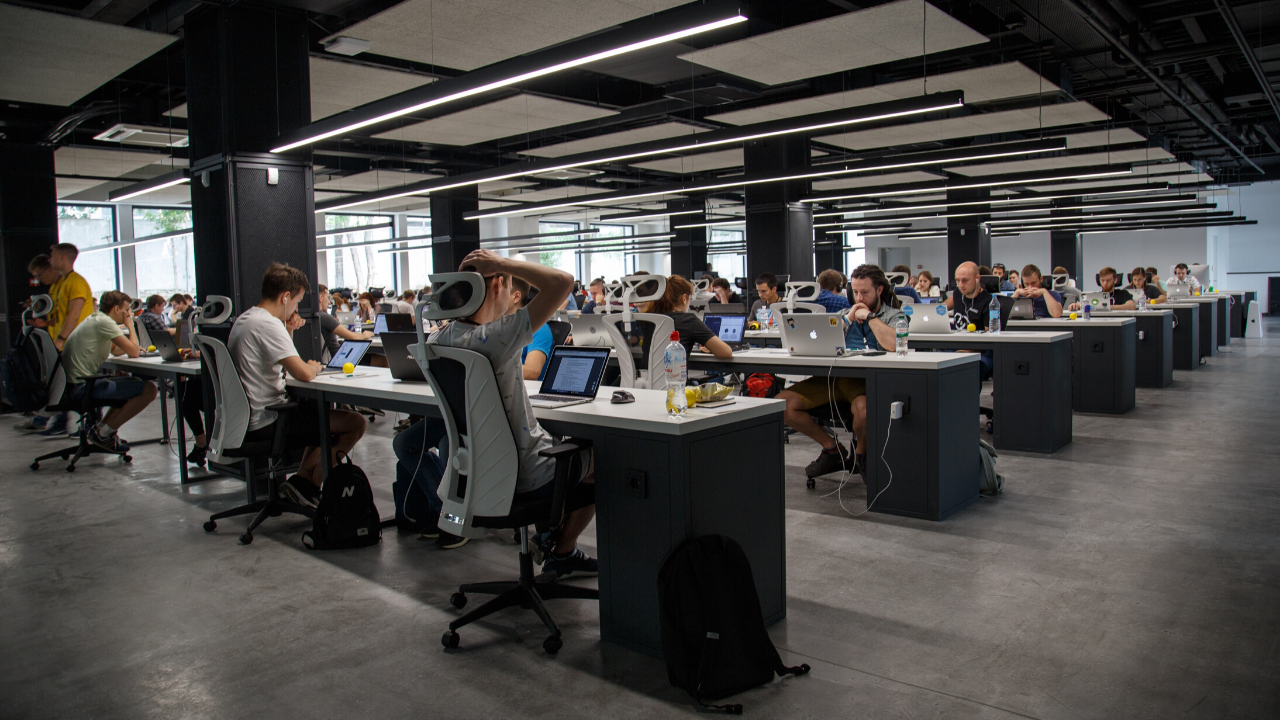The past few years have been huge for the coworking industry, but with uncertainty looming over the economy, what is next for this commercial real estate sector?
According to Scott Homa, JLL’s Senior Director for Office Research, the coworking market will start looking towards smaller lease sizes. In fact, in the last quarter of 2019, the average coworking transaction size fell by 38%.
Furthermore, other companies other than WeWork will fill in the gaps of the industry. Coworking firms operating on non-traditional leasing models like Industrious and Serendipity Labs will continue to grow.
Along with this, the traditional flexible office model of securing tenant leases for landlords will start to dwindle. Operators will start adopting management agreements that are similar to that of retail or hotel models. However, JLL still expects normal coworking leases to evolve into longer-term leases in the future.
JLL also expects that companies will start pivoting toward Class B and C properties, rather than the highly sought after Class A buildings, in order to be more cost efficient and becoming profitable.
Additionally, JLL anticipates that demand for flexible offices from large companies will continue to grow as these organizations continue to lean towards fast leases that offer the ability to scale up or down.















